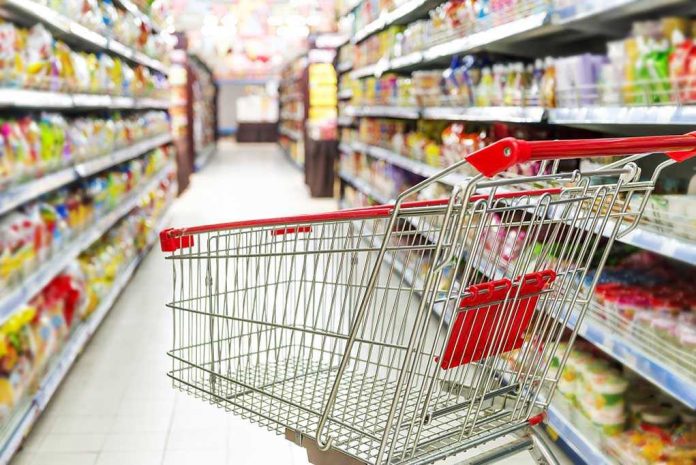
Imagine your favorite enoki mushroom dish turning into a health hazard because of a sneaky bacteria—this isn’t the plot of a culinary horror movie, but a real-life food recall drama.
At a Glance
- LLK Trading Inc. recalled enoki mushrooms due to Listeria contamination.
- No illnesses have been reported, but the recall is precautionary.
- The recall affects products distributed in New York and New Jersey.
- Enoki mushrooms have a history of being linked to listeria outbreaks.
The Recurring Enoki Dilemma
LLK Trading Inc. of Linden, NJ, recently recalled its 200-gram packages of enoki mushrooms, also known as “Needle Mushrooms,” after routine FDA testing detected the presence of Listeria monocytogenes. This microscopic menace can cause listeriosis, a serious infection that is particularly dangerous for pregnant women, newborns, the elderly, and those with weakened immune systems. The mushrooms were distributed to Bally Produce Corp. in New York and sold to Datang Supermarket Inc.
Thankfully, no illnesses have been reported yet, but the recall serves as a precautionary measure. Vending of the product has been suspended pending further investigation. For those keeping track, this isn’t the first time enoki mushrooms have found themselves in the listeria spotlight. The cultivation and packaging processes of these fungi often facilitate bacterial growth if not properly managed, making them regular participants in recall lists.
The Impact of the Recall
The recall affects enoki mushrooms distributed in at least two states—New Jersey and New York—with potential for broader distribution due to the supply chain. These mushrooms are widely used in Asian cuisine and are popular in both retail and restaurant settings, increasing the risk of widespread exposure. The immediate result of this recall? A mad dash by retailers and distributors to remove these products from shelves and a potential mushroom shortage for your hot pot nights.
But the story doesn’t end there. This recall adds to a series of similar incidents that highlight ongoing challenges in the mushroom supply chain regarding food safety and pathogen control. In June 2025, Hofood99 Inc. issued a recall for similar reasons, followed by Harvest NYC Inc. These recurring incidents might lead to increased scrutiny of mushroom producers and distributors, and possibly even regulatory changes or enhanced testing requirements.
The Stakeholders and Their Roles
Several key players are involved in this unfolding saga. LLK Trading Inc. initiated the recall, motivated by the need to comply with regulations and protect public health. The FDA, the regulatory body conducting routine testing and overseeing the recall process, ensures food safety and public health protection. Retailers like Bally Produce Corp. and Datang Supermarket Inc. aim to maintain consumer trust while avoiding liability.
Consumers, especially those in vulnerable groups, play a crucial role too. They rely on transparent communication from both regulators and businesses to ensure their safety. The FDA holds the regulatory authority and can mandate recalls, while distributors and retailers are responsible for executing these recalls and communicating with consumers. It’s a delicate dance of responsibility and action, all for the sake of keeping the public safe.
Looking Forward: What’s Next?
This recall, while precautionary, has significant implications. In the short term, contaminated products are removed from shelves, and there’s a potential disruption in supply chains. Heightened consumer concern might also cause a dip in mushroom sales. In the long term, we could see increased scrutiny of mushroom producers, potential regulatory changes, and ongoing reputational risks for companies involved in repeated recalls.
For the broader fresh produce industry, this means a spotlight on food safety practices. The mushroom industry might face increased regulatory oversight and costs, and other fresh produce sectors could also see heightened scrutiny for listeria and other pathogens. But for now, the focus remains on ensuring that the enoki mushrooms you buy are safe to eat, and that LLK Trading Inc. and its partners navigate this recall with transparency and efficiency.
Sources:
Food Safety News (July 13, 2025)
PHFE WIC Recall Notices (June 2025)
FDA Recall Announcements (July 13, 2025)




